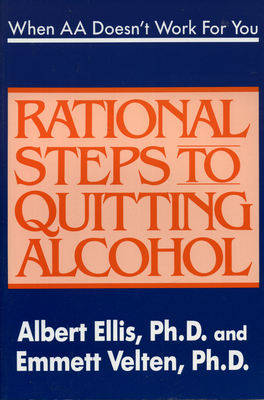



In this illuminating book, Ellis provides a lively and insightful explanation of the differences between self-esteem and self-acceptance. Emphasizing the importance of self-acceptance, he examines this theme in the thinking of great religious teachers, philosophers, and psychologists. He then provides exercises for training oneself to change self-defeating habits to the healthy, positive approach of self-acceptance. These include specific thinking techniques as well as emotive and behavioral exercises.He concludes by stressing that unconditional self-acceptance is the basis for establishing healthy relationships with others, along with unconditional other-acceptance and a total philosophy of life anchored in unconditional life-acceptance.


















This book surveys the use of rational emotive behavior therapy (REBT) to prevent and treat a variety of childhood disorders. Beginning with a review of the underlying theory and principles of REBT, the book includes chapters on problems including depression, anxieties, anger and conduct disorders, and ADHD. Finally, the book focuses on the application of REBT in childhood disorders, from working with parents and teachers to group therapy and beyond. Plentiful case studies illustrate the concepts under discussion. The book will interest school psychologists, counselors and social workers, marriage and family therapists, and child clinical psychiatrists and psychologists.